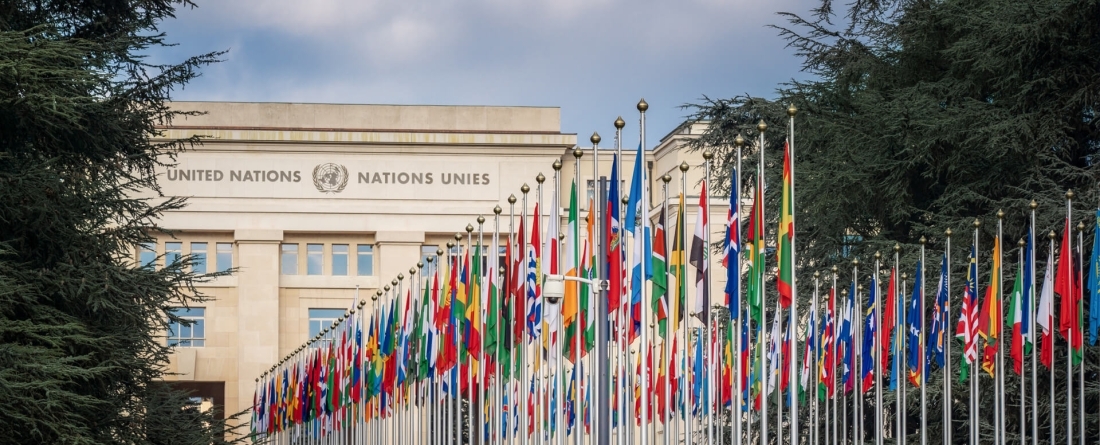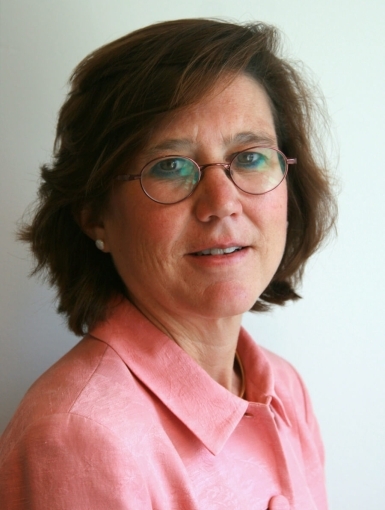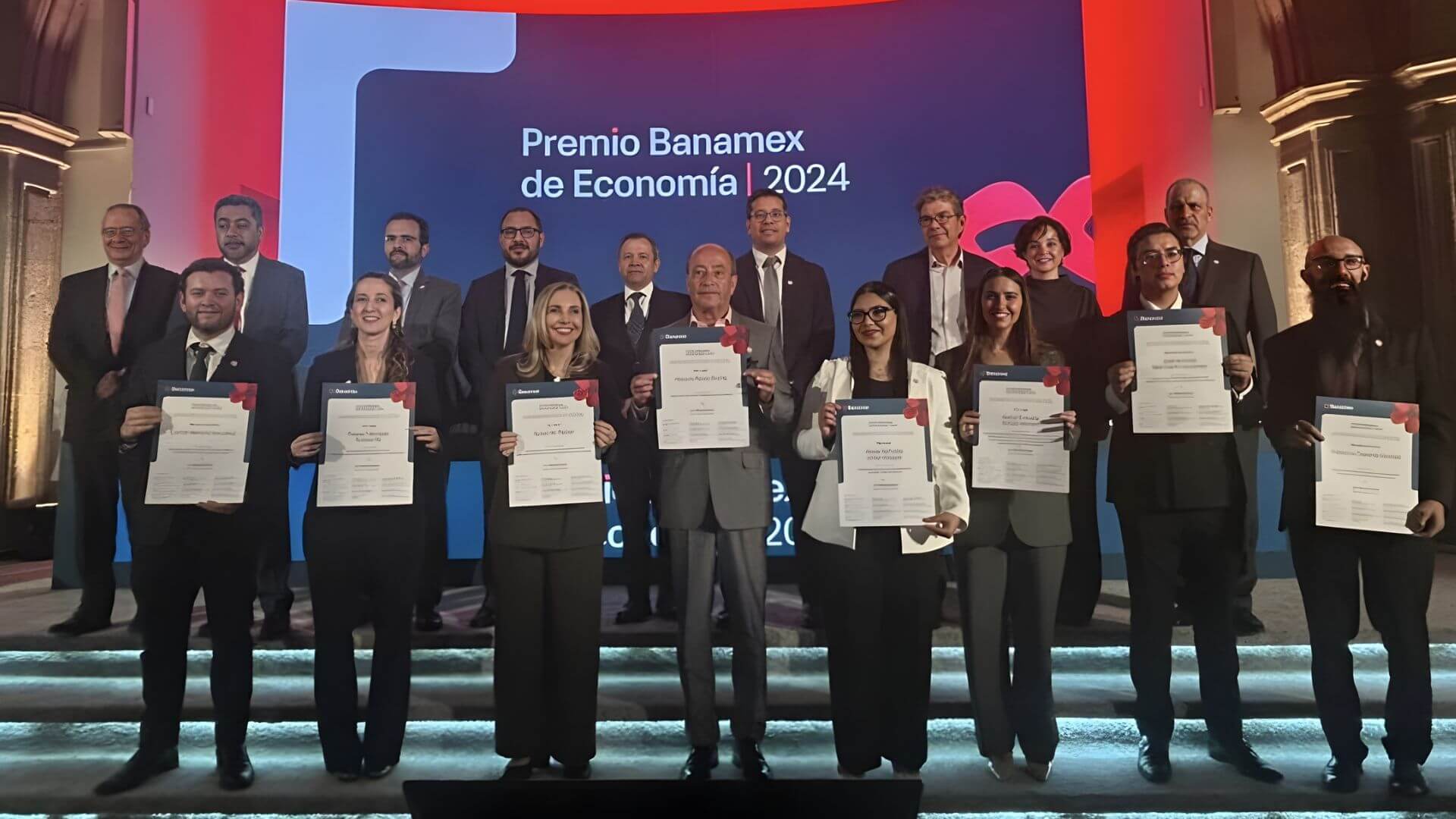
College Park Professor Carol Graham has been appointed to an independent high-level expert group convened by United Nations Secretary-General António Guterres. The group has been tasked with developing recommendations for new ways to measure progress that go beyond Gross Domestic Product (GDP) and more fully reflect sustainable development and overall well-being.
The group was created at the request of UN Member States as part of the recently adopted “Pact for the Future,” and builds on goals first set in 2015 with the Sustainable Development Goals. While GDP is widely used to measure economic growth, many leaders have long recognized that it doesn’t tell the full story. It leaves out important social, environmental and fairness issues that impact quality of life and long-term prosperity.
“GDP, while an important indicator of economic production and growth, is an insufficient gauge of many other dimensions of social welfare and public health,” said Graham. She noted that many valuable contributions, such as caregiving, participation in the arts or volunteering, are not counted in GDP, despite their clear importance to society. At the same time, activities that may harm people or the planet often show up as economic gains.
Graham pointed to recent U.S. trends as an example. In 2024, the U.S. posted some of the world’s strongest GDP growth, while also seeing rising mental health struggles among young people and growing numbers of deaths of despair.
The group’s work builds on previous UN reports, including “Our Common Agenda” and the accompanying policy brief, “Valuing What Counts: Framework to Progress Beyond Gross Domestic Product,” which explain why more well-rounded ways of measuring progress are urgently needed. Today’s economic statistics may give weight to activities that harm people or the planet, while overlooking many of the things that truly improve people’s well-being. The group aims to develop more complete data to better guide decisions by governments and global leaders.
Graham said the group will recommend new indicators that complement GDP by capturing well-being, sustainability and how benefits are shared across populations. The measures will need to be scientifically sound and usable across many countries.
The 14-member group includes scholars and practitioners from around the world across a variety of disciplines, reflecting a broad range of perspectives and experience. Members will work closely with UN Member States and other partners, and draw from existing UN efforts to track global development. The group will share its recommendations at the eightieth session of the UN General Assembly, opening September 9, 2025 at UN Headquarters in New York City, to help shape future international policies.




